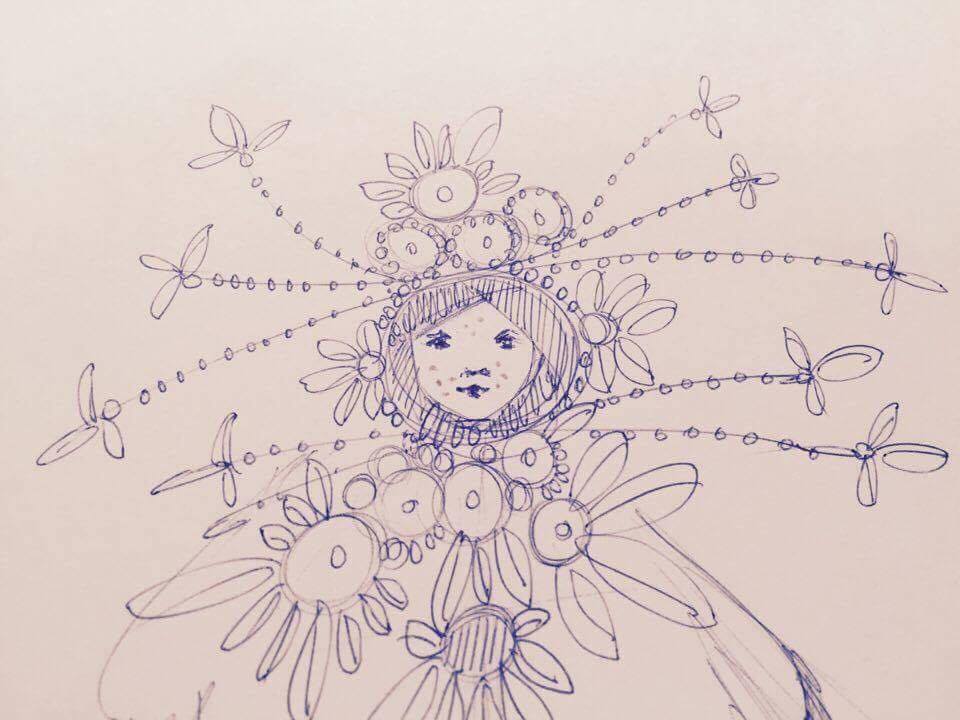School corridors – breeding grounds for torment, humiliation and devastation. unlike a playground or yard, where it’s somewhat easier to make a quick U-turn, the necessary journey from A to B becomes a nervous scuttle. Head down. Shoulders likewise. Zero eye contact.
For the best part of my secondary education that is how each day would pan out.
The trials and tribulations of adolescence, particularly in school, greet us in varying forms. Whether it be testing the patience of those who claim to know best, not to be questioned because they’re “older and therefore wiser”, relationships: the break ups and make ups, or the universal desire for acceptance. The difficulty is that often acceptance is accredited on a superficial basis, consequently a basis that is unforgiving to the less fortunate skin. Judgement cast at face value.
One of the biggest misconceptions about acne is that it is caused purely by poor hygiene. While it is true that not washing your face can produce spot; in the case of many, the issue is more deep rooted and requires a course of topical creams, antibiotics or prescription drugs to clear. The bigger misconception by those who suffer is that their condition is purely superficial, cosmetic, a waste of doctors time, and something that you should just accept. This couldn’t be further from the truth.
Of course, I can only speak from personal experience. Having been born with baby acne, it seems my fate was already sealed. By around eight/nine years old I was developing the typical skin of child five years my senior, and this only became worse as time went on. Cleansing wipes, washes, creams, pore strips, skin peels, masks, antibiotics, diets, herbal supplements – you name it I tried it. It goes without saying that being bullied about your skin, about your face, the part of your body that can’t be covered and hidden as easily as you might like, would seriously affect anyone’s confidence. In this case, the happy ending to the story arrived in the form of Isotretinoin (Roaccutane). Yes, there are side effects – the majority fairly regular standard, others more severe and therefore making the drug less appealing to many. Myself included. Without wanting to draw this into a Roaccutane sales pitch, I cannot recommend this more to anyone with problematic skin. Seriously. Have a little read, speak to a dermatologist, don’t be frightened by only horror stories.
Perhaps it seems rather backwards to write a piece on acne treatment in this issue dedicated to the body, an issue celebrating every inch of it. “Love the skin you’re in”. But that is precisely it! There’s nothing cowardly or vain about seeking treatment for skin conditions – whatever this may be. No matter how big or small it may seem. Loving the skin you’re in doesn’t mean bearing the pain of unruly cysts. To love and accept yourself, to be confident, comes from knowing you’re trying to be be the healthiest, best and most twinkly version on yourself – regardless of what form that takes.

